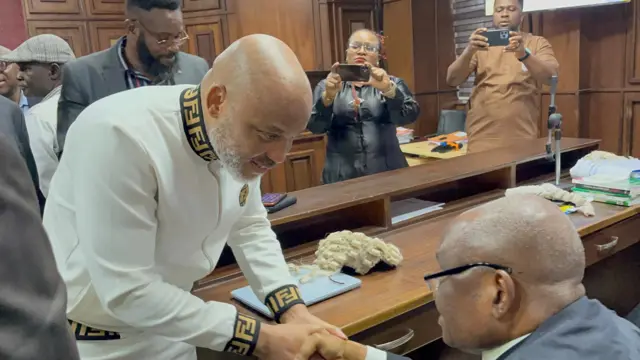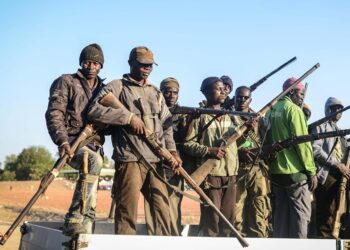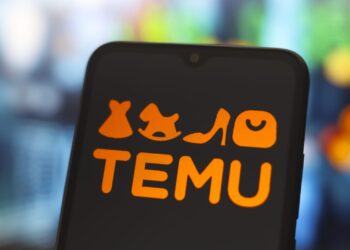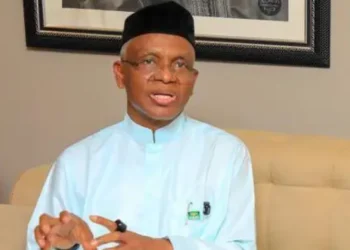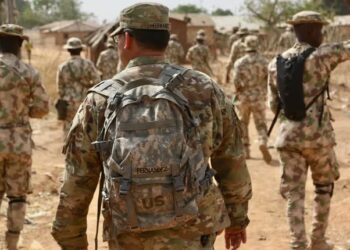The leader of the proscribed Indigenous People of Biafra (IPOB), Nnamdi Kanu, on Monday, told the Federal High Court in Abuja that he would not present a defence in his ongoing terrorism trial, insisting that the charges against him lack legal validity.
During the resumed hearing presided over by Justice James Omotosho, Kanu maintained that there were no existing Nigerian laws supporting the allegations levelled against him. He argued that since the charges were “baseless,” there was no need for him to defend them.
“There is no law in this country upon which the prosecution can base these charges. If there is any, let the court read it to me,” Kanu told the judge.
The IPOB leader, who faces multiple counts related to terrorism, incitement, and unlawful broadcasts, said his continued detention was “fraudulent” and contrary to earlier judicial pronouncements. He requested either an immediate release or bail based on health grounds.
Kanu’s declaration comes shortly after he dismissed his legal team led by former Attorney-General of the Federation, Kanu Agabi (SAN), opting instead to represent himself.
Justice Omotosho cautioned Kanu about the implications of refusing to enter a defence after the court had previously dismissed his “no-case submission.” The judge explained that under criminal law, a defendant has three options once the prosecution closes its case — file a no-case submission, present a defence, or choose not to defend, thereby relying on the prosecution’s evidence.
However, the judge warned that refusing to defend oneself “after a no-case submission has been dismissed is very dangerous.” He advised Kanu to consult legal experts before making a final decision.
Despite the warning, Kanu stood his ground, maintaining that the charges “should not exist in the first place.”
Justice Omotosho adjourned the matter until November 4, 5, and 6, giving Kanu time to decide whether to present a defence or maintain his position.
Prosecuting counsel, Adegboyega Awomolo (SAN), argued that Kanu’s refusal to defend himself implied that the case should move directly to judgment based on the prosecution’s evidence.
Justice Omotosho, however, clarified that Kanu’s claim of invalid charges amounted to a form of defence, and the court would allow time for a written submission to that effect.
Nnamdi Kanu was first arrested in 2015 over his broadcasts advocating the secession of Nigeria’s South-East to form the independent nation of Biafra. He was granted bail in 2017 but fled the country after a military raid on his residence in Abia State.
He was rearrested in Kenya and returned to Nigeria in June 2021. Since then, he has been in the custody of the Department of State Services (DSS).
Kanu is facing seven charges, including incitement, terrorism, and illegal importation of a radio transmitter. The prosecution alleges that his broadcasts led to violence, destruction of property, and deaths in parts of the South-East.
Although the Court of Appeal discharged him in October 2022, citing his illegal extradition from Kenya, the Supreme Court reversed that decision in December 2023, ordering the trial to continue.
Charges Against Kanu
The federal government accuses Kanu of:
Making inflammatory broadcasts that led to killings and unrest in the South-East.
Enforcing sit-at-home orders and threatening citizens and security operatives.
Leading IPOB, which was declared a terrorist organisation in 2017.
Importing a radio transmitter into Nigeria under false declarations.
Most of the charges were filed under the Terrorism Prevention Amendment Act, 2013, while one was brought under the Criminal Code Act.
The prosecution closed its case in June after presenting five witnesses.
Kanu’s next court appearance in November will determine whether he proceeds with a defence or relies solely on the court’s interpretation of his “no valid charge” claim.


